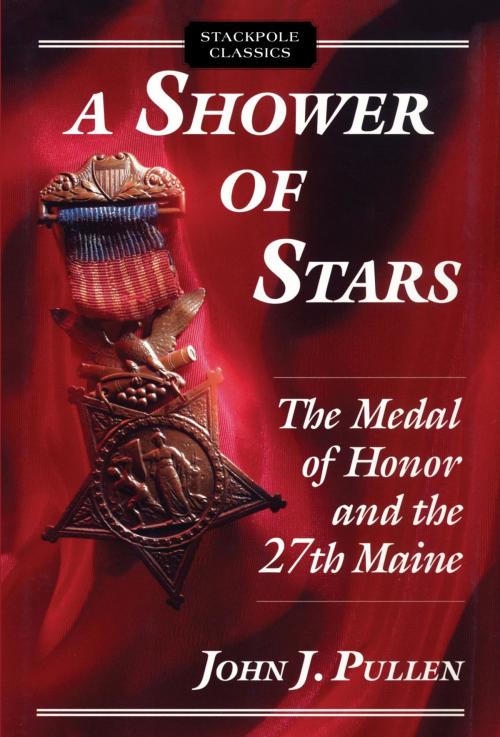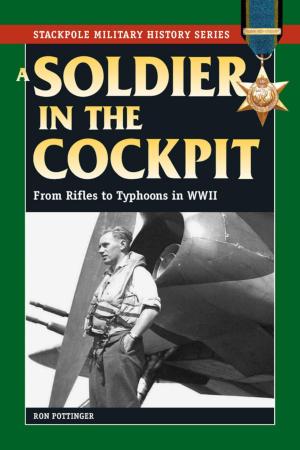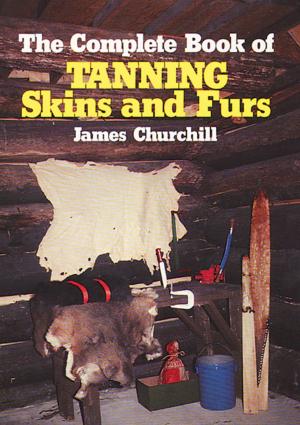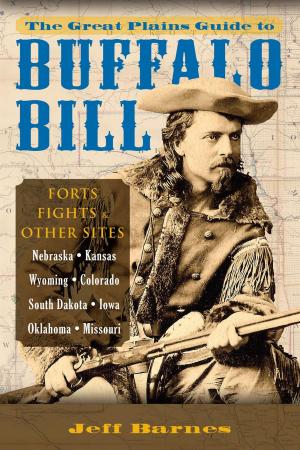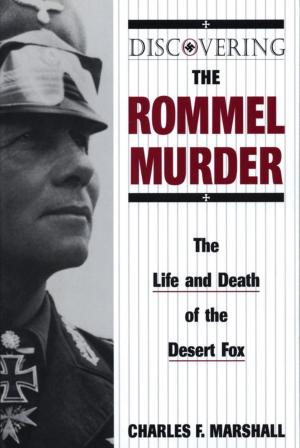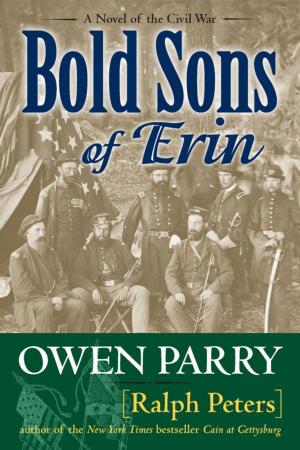A Shower of Stars
The Medal of Honor and the 27th Maine
Nonfiction, History, Americas, United States, Civil War Period (1850-1877)| Author: | John J. Pullen | ISBN: | 9780811766357 |
| Publisher: | Stackpole Books | Publication: | September 15, 2017 |
| Imprint: | Stackpole Books | Language: | English |
| Author: | John J. Pullen |
| ISBN: | 9780811766357 |
| Publisher: | Stackpole Books |
| Publication: | September 15, 2017 |
| Imprint: | Stackpole Books |
| Language: | English |
Since 1941 the Medal of Honor has been more often awarded to dead than to living men. Of all the medals issues by the United States Government, this singular medal has had a particularly solemn glory attached to its meaning. But a look at its history reveals that, from its inception, it was steeped in controversy, with threats to its integrity swirling in from all sides.
Author John. J. Pullen, during the course of research on the 20th Maine, came across an obscure note indicating that the 27th Maine, a group of nine-month volunteers from York Country, had been issued 864 Medals of Honor—one for every member of the regiment—while the 20th main, having distinguished itself at Little Round Top, garnered only four such medals. Was this discovery the beginning of an untold story of extraordinary bravery, or was it an outrageous blunder? Civil War literature yielded nothing about this wholesale “shower of stars” that had rained down upon the little-known regiment. And, as Pullen tracked down its descendants, he found very little information on the whereabouts of those medals. Thus, a mystery was born.
After sifting through piles of War Department documents, as well as letters and diaries found in Maine’s “unofficial archives,” Pullen begins to pieces together a puzzle that had already ensnared many, from Secretary of War Edwin M. Stanton to such notable figures as Theodore Roosevelt. The hero of this story, however, is Colonel Mark F. Wentworth, the commander of the 27th Maine and later of the 32nd Maine, who thwarted the forces that threatened ignominy on the Medal of Honor, and revealed the true character of valor.
“The author has written a fascinating, leisurely book, often disarming in its personal approach to unraveling his mystery” – E. B. Long, Chicago Tribune
Author John. J. Pullen, during the course of research on the 20th Maine, came across an obscure note indicating that the 27th Maine, a group of nine-month volunteers from York Country, had been issued 864 Medals of Honor—one for every member of the regiment—while the 20th main, having distinguished itself at Little Round Top, garnered only four such medals. Was this discovery the beginning of an untold story of extraordinary bravery, or was it an outrageous blunder? Civil War literature yielded nothing about this wholesale “shower of stars” that had rained down upon the little-known regiment. And, as Pullen tracked down its descendants, he found very little information on the whereabouts of those medals. Thus, a mystery was born.
After sifting through piles of War Department documents, as well as letters and diaries found in Maine’s “unofficial archives,” Pullen begins to pieces together a puzzle that had already ensnared many, from Secretary of War Edwin M. Stanton to such notable figures as Theodore Roosevelt. The hero of this story, however, is Colonel Mark F. Wentworth, the commander of the 27th Maine and later of the 32nd Maine, who thwarted the forces that threatened ignominy on the Medal of Honor, and revealed the true character of valor.
“The author has written a fascinating, leisurely book, often disarming in its personal approach to unraveling his mystery” – E. B. Long, Chicago Tribune
Since 1941 the Medal of Honor has been more often awarded to dead than to living men. Of all the medals issues by the United States Government, this singular medal has had a particularly solemn glory attached to its meaning. But a look at its history reveals that, from its inception, it was steeped in controversy, with threats to its integrity swirling in from all sides.
Author John. J. Pullen, during the course of research on the 20th Maine, came across an obscure note indicating that the 27th Maine, a group of nine-month volunteers from York Country, had been issued 864 Medals of Honor—one for every member of the regiment—while the 20th main, having distinguished itself at Little Round Top, garnered only four such medals. Was this discovery the beginning of an untold story of extraordinary bravery, or was it an outrageous blunder? Civil War literature yielded nothing about this wholesale “shower of stars” that had rained down upon the little-known regiment. And, as Pullen tracked down its descendants, he found very little information on the whereabouts of those medals. Thus, a mystery was born.
After sifting through piles of War Department documents, as well as letters and diaries found in Maine’s “unofficial archives,” Pullen begins to pieces together a puzzle that had already ensnared many, from Secretary of War Edwin M. Stanton to such notable figures as Theodore Roosevelt. The hero of this story, however, is Colonel Mark F. Wentworth, the commander of the 27th Maine and later of the 32nd Maine, who thwarted the forces that threatened ignominy on the Medal of Honor, and revealed the true character of valor.
“The author has written a fascinating, leisurely book, often disarming in its personal approach to unraveling his mystery” – E. B. Long, Chicago Tribune
Author John. J. Pullen, during the course of research on the 20th Maine, came across an obscure note indicating that the 27th Maine, a group of nine-month volunteers from York Country, had been issued 864 Medals of Honor—one for every member of the regiment—while the 20th main, having distinguished itself at Little Round Top, garnered only four such medals. Was this discovery the beginning of an untold story of extraordinary bravery, or was it an outrageous blunder? Civil War literature yielded nothing about this wholesale “shower of stars” that had rained down upon the little-known regiment. And, as Pullen tracked down its descendants, he found very little information on the whereabouts of those medals. Thus, a mystery was born.
After sifting through piles of War Department documents, as well as letters and diaries found in Maine’s “unofficial archives,” Pullen begins to pieces together a puzzle that had already ensnared many, from Secretary of War Edwin M. Stanton to such notable figures as Theodore Roosevelt. The hero of this story, however, is Colonel Mark F. Wentworth, the commander of the 27th Maine and later of the 32nd Maine, who thwarted the forces that threatened ignominy on the Medal of Honor, and revealed the true character of valor.
“The author has written a fascinating, leisurely book, often disarming in its personal approach to unraveling his mystery” – E. B. Long, Chicago Tribune
